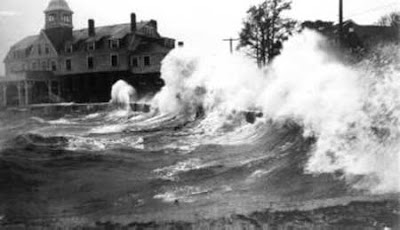In Loving Memory of Pauline
Winifred Ward
October 7, 1933 -
August 21, 2012
In
my youthful ignorance, I used to wonder why so many writers - John Updike and Philip
Roth spring to mind - became so obsessed with mortality in their middle age.
Well, now I know. After you turn 50, the awareness of your inevitable decay and
death becomes inescapable. It’s no longer possible to ignore the fact that life
is short and goes by at the speed of a runaway train.
This
undeniable fact is borne in on us middle-aged people by the deterioration and
deaths of our elders. They are our forerunners in life – the people who have
nurtured us and relished our joys and successes and commiserated with us in our
disasters, both large and small. As they vanish, it’s as if a protective
ceiling is gone and we’re now exposed to the elements in all their bleakness.
Having
lost a very dear aunt last week, I am acutely aware of this phenomenon and have
found it echoed in the reactions of my friends and contemporaries. It seems
like only yesterday that we were in our 20s while our elders were the age we
are now – still vibrant, fully engaged in life, and seemingly indestructible.
And yet the 30 or so years since then have gone by almost without us noticing.
A decade went by before I got used to writing a new century on the dateline on my
checks. Now I wake up in the middle of the night in a panic at the thought that
my 60s are only five years away. I want to plant my feet against the dashboard
of time and shout Slow down for god’s sake!
What
can we do in the face of this daunting reality but seize the day. Smell the
roses, take the leap, work through that bucket list. And do whatever makes life
worth living – playing golf, making ships in bottles, bungee jumping, or, for
those of us so inclined, writing.
For
me writing is the only activity I know that has the potential to transcend losses
and impermanence and aging. Not only does it give me solace and satisfaction to
form an elegant sentence, a flowing paragraph, and a coherent chapter, but it gives
me a sense that I am doing what I was designed to do.
Michel
Foucault has described Scheherazade’s nightly telling of tales to the Sultan as
“the effort... to exclude death from the circle of existence.” So even as I
mourn the loss of my incomparable aunt, I am continuing to make up stories – from
memory, research, or just my imagination – in the hope of keeping the darkness
at bay just a little while longer.























